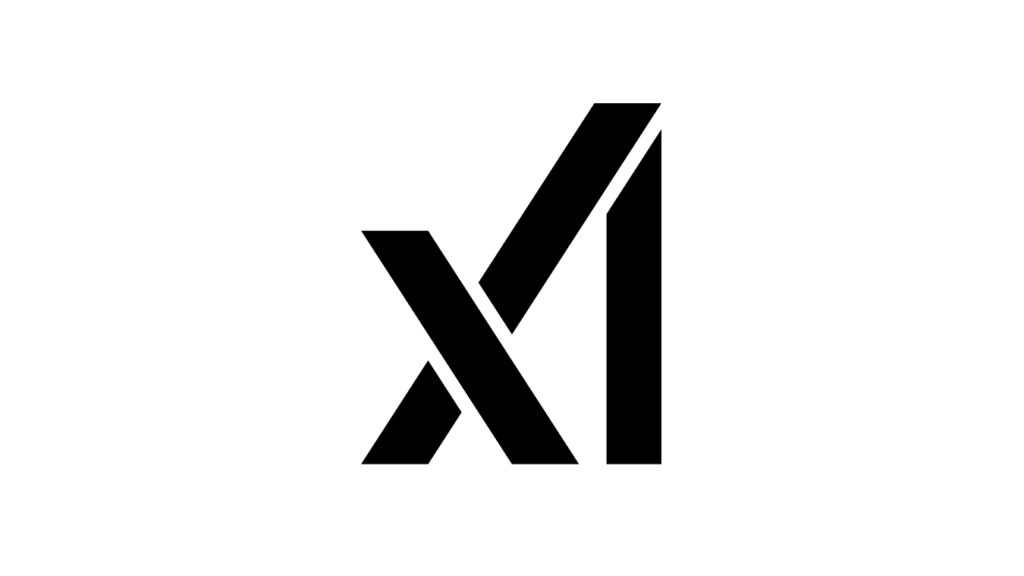Introduction
Grokipedia, Elon Musk's latest venture, represents the first direct challenge to Wikipedia through artificial intelligence. Developed by xAI, the project launches a fully automated encyclopedia powered by machine-generated text rather than human editorial oversight. With nearly 885,000 articles available at launch, Grokipedia promises to revolutionize information access. Yet significant risks loom regarding content reliability and algorithmic transparency.
What is Grokipedia
Grokipedia is an online encyclopedia built entirely on AI technology, bypassing human curation. Launched September 29, 2025 at grokipedia.com, it employs the same language model powering Grok, xAI's conversational chatbot integrated into X. The interface visually mirrors Wikipedia—simple layout, minimalist logo, search bar—creating immediate user familiarity, but the underlying mechanism differs fundamentally.
How It Works and Key Advantages
Unlike Wikipedia, where articles undergo community review and discussion, Grokipedia generates content automatically via AI. Musk argues this eliminates editorial bias inherent in traditional encyclopedias, promising "unbiased information." Speed is a potential advantage: the language model can tap real-time discussions on X, theoretically accessing current information faster than conventional editorial workflows.
"The goal is to purge out propaganda."
Elon Musk, on X
The Challenge: Factual Errors and Bias
Despite promises, Grokipedia already faces concrete problems. An entry on Vivek Ramaswamy contained false information: it claimed the Ohio gubernatorial candidate assumed "a more prominent role" in DOGE after Musk's departure, though public records show Ramaswamy left the organization around January 20, 2025. Grokipedia cited BBC and Al Jazeera sources containing no reference to the stated claim.
Grok itself has demonstrated significant vulnerabilities: promoting conspiracy theories about "white genocide" in South Africa, generating antisemitic language, and creating sexualized images of users without consent. Though Musk attributed these to coding errors and claimed corrective measures were implemented, a critical question remains: will identical problems plague Grokipedia?
Comparison with Wikipedia
Wikipedia, founded in 2001, operates on collaborative principles where thousands of human volunteers write, edit, and verify articles. The process is slower but generally reliable, with control mechanisms including revision history, public discussion, and strict policies. Jimmy Wales, Wikipedia co-founder, expressed skepticism to the Washington Post about AI's capacity to produce reliable encyclopedia entries: "AI language models aren't good enough to write encyclopedia articles," citing the volume of errors and unverifiable claims such systems frequently generate.
Project Status and Future Outlook
Grokipedia remains version 0.1, as explicitly stated on its homepage. The launch itself was brief: approximately one hour after going live, the site experienced a technical outage. Its future depends not only on content accuracy but also on whether users accept its promise of "unbiased information" as more than a reflection of its creator's worldview. The ability to correct errors in real time and implement safeguards against bias and disinformation will be critical for long-term credibility.
FAQ
What is the key difference between Grokipedia and Wikipedia?
Grokipedia uses AI to automatically generate content, while Wikipedia relies on collaborative human review. Grokipedia prioritizes update speed; Wikipedia emphasizes community verification.
Is Grokipedia as reliable as Wikipedia?
No. Wikipedia has established quality-control mechanisms; Grokipedia has already shown factual errors with no transparent verification process. Jimmy Wales expressed serious doubts about AI's ability to produce accurate articles.
What are the main risks of using Grokipedia?
Uncorrected factual errors, algorithmic bias reflecting Musk's perspective, absence of human review, and Grok's problematic track record including conspiracy theories, antisemitic content, and non-consensual sexualized images.
How does Grokipedia handle errors?
Currently unclear. Unlike Wikipedia where users can edit and discuss, Grokipedia auto-generates content. Correcting errors requires intervention at the language model level.
Can Grokipedia replace Wikipedia?
Unlikely in the short term. Wikipedia has 24 years of built credibility and proven processes; Grokipedia remains version 0.1 with already-documented significant inaccuracies.
What does "purge propaganda" mean regarding Grokipedia?
Musk claims Grokipedia eliminates Wikipedia's editorial bias. However, the project reflects underlying algorithms and training data, potentially introducing different biases rather than solving them.
Which AI model powers Grokipedia?
It uses the same language model behind Grok, xAI's chatbot on X, enabling real-time access to platform discussions as information sources.
